The concept of culture is simple to understand. It is a learned and shared pattern of behaviour, thought and feelings.
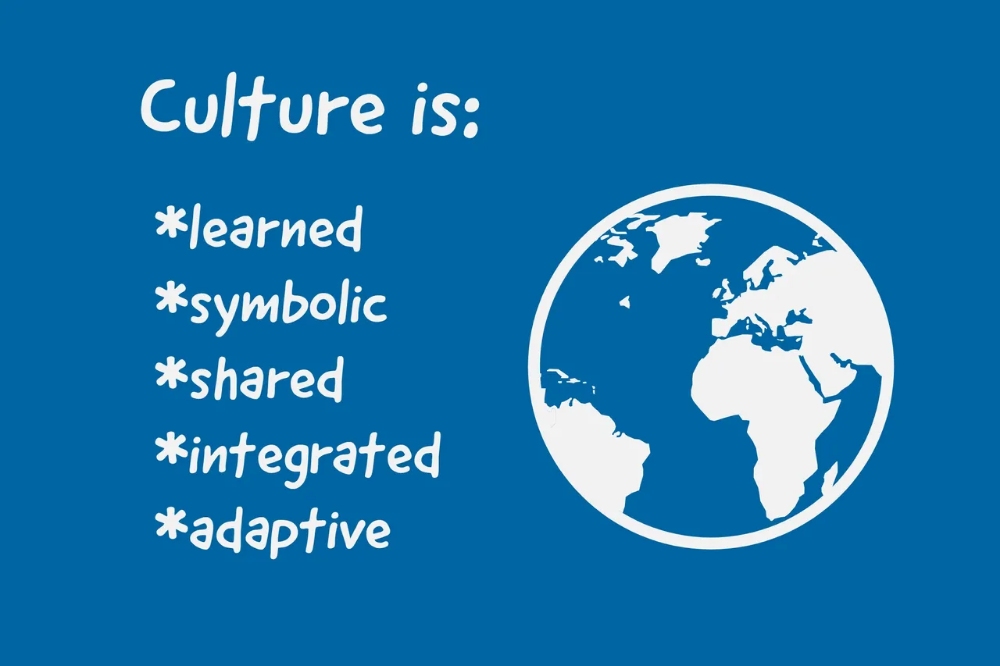
Basically, 2 types–
- Material Culture: It consists of physical objects like homes, cities, school, etc. Basically, material culture can be seen through our eyes.
- Non-material Culture: It consists of non-physical part like belief, morals, faith, values, norms, etc. These cannot be seen through our eye.
Characteristics of Culture
Following are the main characteristics of culture-
- Culture is man-made.
- Culture is learned and historically derived.
- Culture is transmitted.
- Every society has got its own culture. This gives ‘Cultural Differences’.
- In every society, culture functions on the basis of basic theories. Beals and Hoijer called this ‘Common Denominator of Culture’.
- Culture is social, not individualistic.
- Culture is ideal for the group.
- Culture satisfies a human need.
- Culture has adaptability and changes according to society’s requirements.
- Culture has integrative quality.
- Culture shapes human personality.
- Culture is both Super-individual, Super-organic, Super-psychic and Super-social.
- There is always the value of symbols and signs in culture.
- Culture has both material and non-material aspects.
- Culture acts as a link between Man and Environment.
To understand the concept of culture and civilization one can go through this article. http://www.anthromania.com/2021/06/06/the-basic-concept-of-civilization-in-anthropology/
Culture is Super-individual and Super-organic
Culture is Super-individual which means culture is social, not individual and culture is not created by individual but is created by the whole society. We can also say that society contributes towards the creation of culture or any culture change. Individual alone does not bring any change in the culture. In this way, culture is social, not individual.
On the other side culture is Super-organic means culture is farther than organic things because culture not only consists of organic things but also inorganic aspects. If we talk about the evolution of man then it covers both the biological and cultural evolution of man. Both biological and cultural evolution affects each other but biological evolution does not stop cultural evolution. At the same time, once the culture is created it not only encourages cultural evolution but also biological evolution. Because this culture is far and more forward than biological things that are why Kroeber developed the concept of Super-organic.
Components of culture
- Culture traits or elements
- Culture complex
- Culture pattern
- Ethos (inner) and Eidos (outer)
According to Kroeber – Ethos (Latin word) means internal aspects of culture. Every culture has some totally internal things that can only be recognized through good study. Eidos (Greek word) means idol or formal appearance. These are the things that are outside and can be easily recognized.
Implicit and Explicit given by Kluckhohn. Implicit are internal aspect while Explicit is external aspects.
Ethos = Implicit = Inclusive
Eidos = Explicit = Exclusive
- Themes of Culture (given by Morris Opler)
According to him, Culture includes internal aspects which cannot be seen. Because of these aspects culture exists. This internal aspect is kind of Implicit. This is called Emotional Emphasis by Bateson.
- Redfield’s Study of life- Implicit and Explicit
- Cultural Determinism– This means that culture is self-generated. Culture determines other things. It is not determined by anything.
- Universal of culture- given by Linton: Traits which are followed by all members are universals of culture.
Elements of culture

- Cognitive elements
- Belief
- Norms and values (= Norms of higher grade)
- Signs (Oral, written, signals and symbols)
- Folkways
- Law
- Ideological
Paradoxes of culture
Culture present in every corner of the world and some local and regional differences occur which are unique in themselves.
Herskovits in his book ‘Man and His works’ talked about 3 paradoxes of culture, which are as follows-
- Culture is universal in man’s experience, yet there is local or regional uniqueness.
- Culture is stable, yet culture is also dynamic and manifests continuous and constant change.
- Culture fulfils and largely determines the course of our lives, yet rarely intrudes into conscious thought.
Man as a creator of culture
According to Leslie White (in his book, ‘Evolution of Culture’,1959), the following are the main characteristics of man, why he has a culture-
- Erect Gesture
- Bipedal Locomotion
- Freely Opposable Thumb
- Stereoscopic and Chromatic Vision
- Intelligent Brain
- Creation of Symbols
Read more:
- The Maharaj Libel Case of 1862: A Landmark in Colonial Legal and Social History
- Acclimatization: The Subtle Dance Between Humans and Their Environment
- The Anthropology of Sleep
- Lamarck’s Theory of Evolution
- Bipedalism and Structural Changes


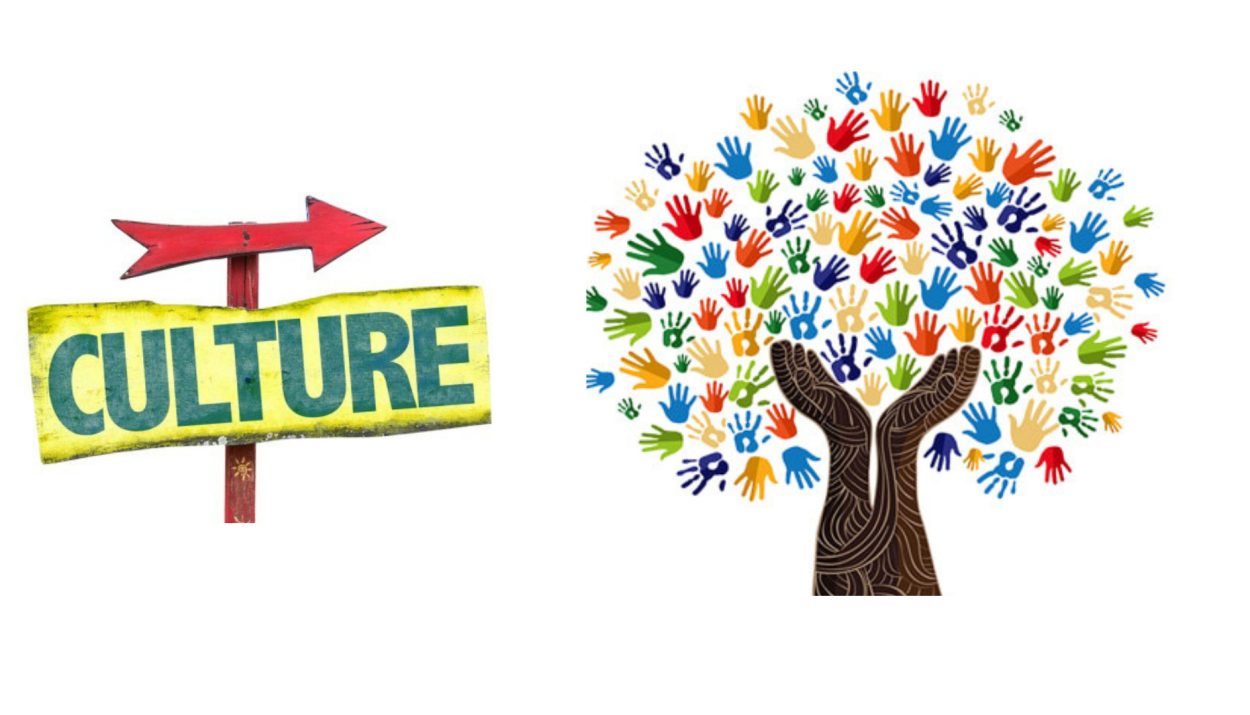

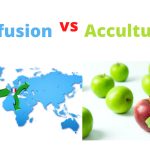
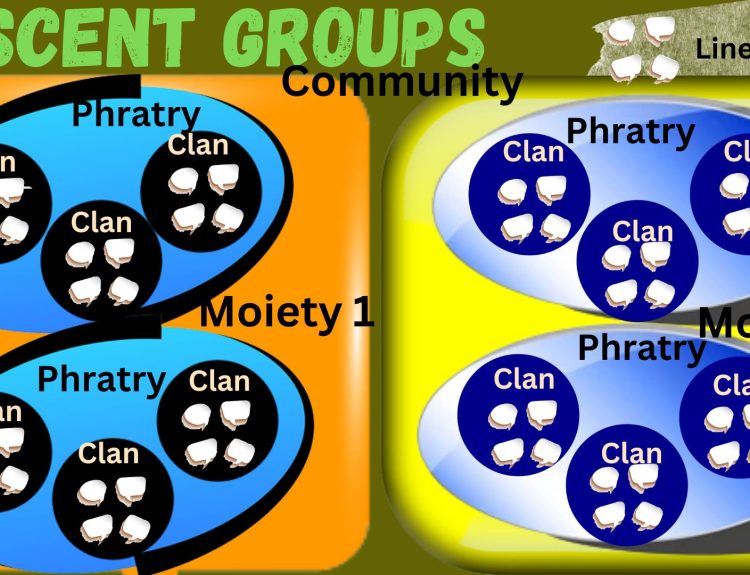
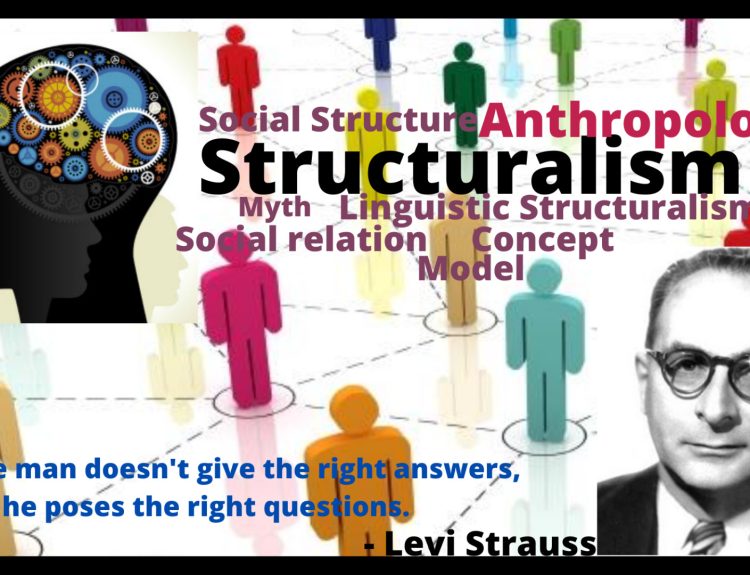
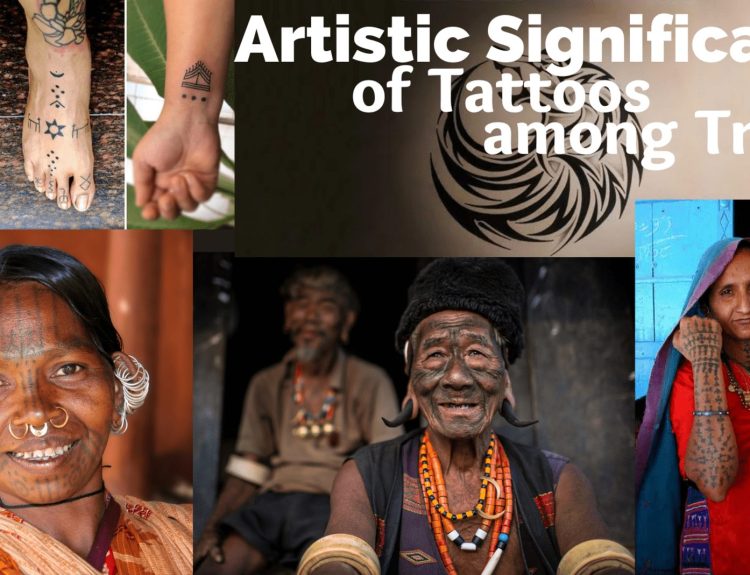
3 Comments